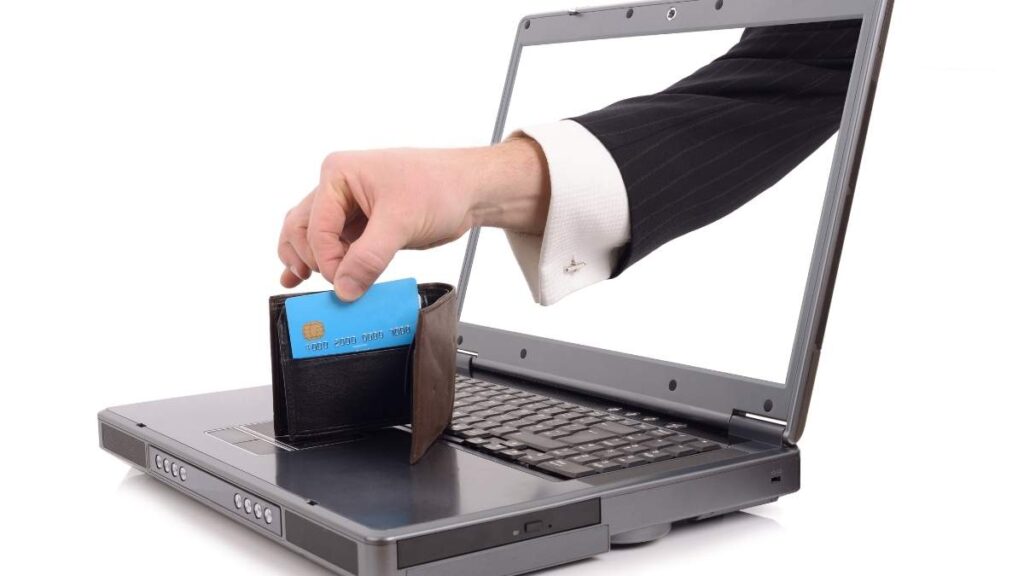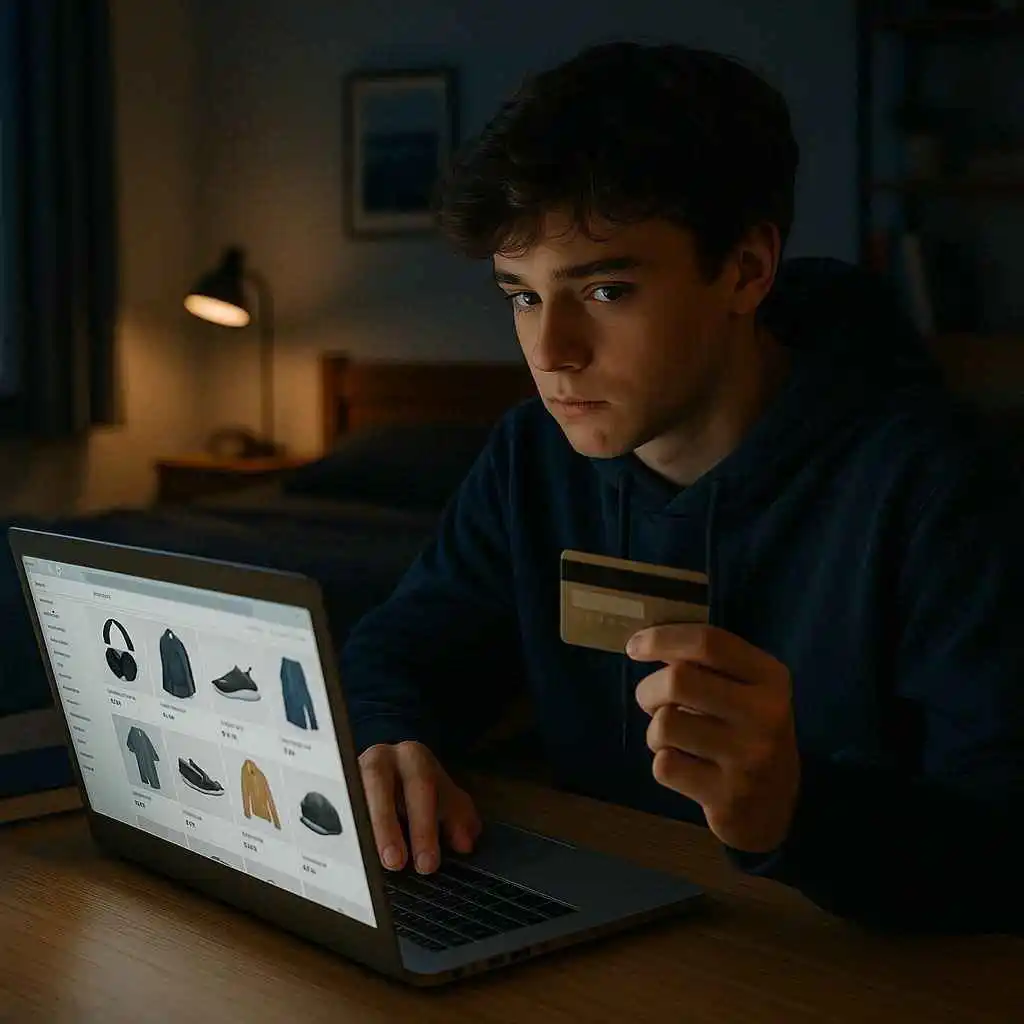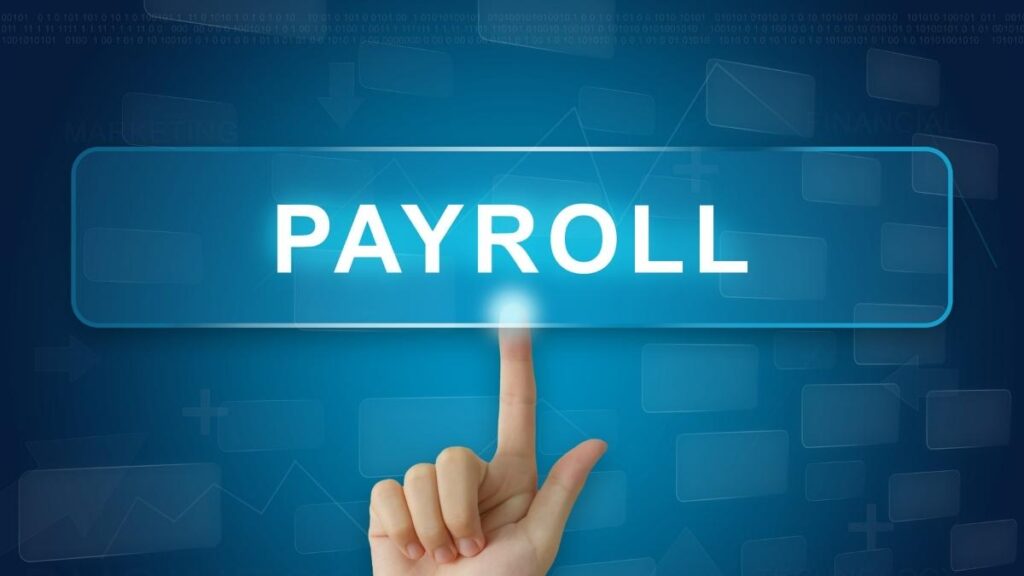As a parent, legal guardian, or teen, you may wonder, “Can a minor be charged with credit card theft?” The answer isn’t always straightforward, but it’s an important question to understand, especially in today’s digital age where credit card misuse by a minor is easier than ever. Whether it’s a teen using a parent’s card without permission or a more serious case of juvenile credit card fraud, U.S. laws have specific ways of addressing these situations. This blog post breaks down the laws about minors and credit theft, explains how the juvenile justice system works, and offers practical advice for families. Let’s dive into what you need to know.

Can a Minor Be Charged with Credit Card Theft?
Yes, but It Depends on the Circumstances
In the U.S., the question of whether a minor can be charged with credit card theft depends on several factors, including the state they live in, their age, and the details of the incident. Most states allow minors—typically those under 18—to face charges under juvenile law for crimes like theft or fraud, including credit card theft. However, the consequences for juvenile credit card fraud differ from those for adults because the legal system prioritizes rehabilitation for young offenders.
The severity of the charge often depends on intent and the amount stolen. For example, a teen who “borrows” a parent’s credit card for a small purchase may face lighter consequences than one who steals a stranger’s card and racks up thousands of dollars. State laws vary, so a minor in California might face different penalties than one in Texas for similar actions. In some cases, the charges could be civil (handled outside of court) or criminal, depending on the circumstances.
How the Juvenile Justice System Handles Credit Card Theft
Juvenile Court vs. Adult Court
When a minor is accused of credit card theft, their case is typically handled in the juvenile justice system, not adult court. Juvenile courts focus on rehabilitation rather than just punishment, aiming to help young people learn from their mistakes and avoid future trouble. This means that instead of harsh penalties like jail time, a minor might be assigned community service, counseling, or probation.
However, in serious or repeat cases, a teen could be tried as an adult, especially if they’re close to 18 or the crime involves significant financial loss or identity theft. For example, a 17-year-old who repeatedly commits juvenile credit card fraud might face adult court in some states, leading to stricter consequences like jail time or a permanent criminal record. The decision to try a minor as an adult depends on state laws, the severity of the crime, and the minor’s history.

Common Scenarios Involving Minors and Credit Card Theft
Using a Parent’s or Relative’s Card Without Permission
One of the most common cases of credit card misuse by a minor involves a teen using a parent’s or relative’s credit card without permission. Maybe they bought a video game, clothes, or food online, thinking it’s no big deal. Legally, this can still be considered unauthorized use, which is a form of theft or fraud. However, because the card belongs to a family member, parents can often choose whether to press charges or handle it privately.
If the family decides not to involve the police, they might still face financial consequences, like paying off unauthorized charges. In some cases, parents may work with the credit card company to resolve the issue without legal action. But if charges are filed, the minor could face juvenile court proceedings and penalties like restitution or community service.
Stealing or Using a Stranger’s Card
When a minor steals or uses a stranger’s credit card, the situation becomes more serious. This is considered theft or fraud under most state laws and can lead to charges in juvenile court. For example, a teen who finds a lost credit card and uses it to make purchases could be charged with credit card theft. If they use the card to access personal information, they might also face additional charges like identity theft, which carries heavier penalties.
These cases often involve police reports and formal charges because the victim is unlikely to know the minor personally. The juvenile justice system will investigate the intent, the amount stolen, and the minor’s history to determine the consequences. Even in juvenile court, the penalties can be significant, especially if the theft caused substantial financial harm.

Possible Legal Consequences for a Minor
If a minor is found guilty of credit card theft, the juvenile justice system may impose one or more of the following consequences, depending on the severity of the case and state laws:
- Probation or community service: The minor may be required to check in with a probation officer or complete volunteer work to make amends.
- Required restitution: The court may order the minor to repay the stolen amount, often through a job or family support.
- Juvenile detention: In severe cases, such as large-scale fraud or repeat offenses, a minor might be sent to a juvenile detention facility.
- Mandatory financial literacy programs: Some courts require teens to attend classes to learn about responsible financial behavior.
- A juvenile record: A conviction may result in a juvenile record, which could impact future opportunities like college or jobs. In some states, this record may be sealed when the minor turns 18, but not always.
These consequences aim to teach accountability while giving the minor a chance to correct their behavior. However, a juvenile record can still have long-term effects, so it’s important to address these cases seriously.
Read Also- Can You Use a Credit Card for Earnest Money When Buying a Home?
How to Handle It If Your Child Is Involved
If you discover your child has been involved in credit card theft, it’s natural to feel upset or overwhelmed. Here are some steps to take to handle the situation responsibly:
- Contact a juvenile defense attorney: A lawyer who specializes in juvenile cases can guide you through the legal process and help protect your child’s rights.
- Stay calm and gather all facts: Talk to your child to understand what happened and why. Avoid reacting with anger, as this could make it harder to resolve the issue.
- Consider financial counseling or therapy: If your child misused a credit card, they might benefit from learning about money management or addressing underlying issues like peer pressure.
- Monitor credit reports and online accounts for unusual activity: If your child accessed your card or someone else’s, check for unauthorized charges and report them to the credit card company immediately.
Taking proactive steps can help your child learn from their mistake and avoid further trouble. It’s also a chance to teach them about the importance of honesty and financial responsibility.

FAQs About Juvenile Credit Card Theft
Can a 14-year-old go to jail for credit card theft?
A 14-year-old is unlikely to go to adult jail for credit card theft, as their case would typically be handled in juvenile court. However, in serious cases, they could be sent to a juvenile detention facility for a period of time. The focus is usually on rehabilitation, with penalties like probation or community service being more common.
Will a juvenile credit card theft charge stay on their record?
It depends on the state and the severity of the case. Some states allow juvenile records to be sealed or expunged when the minor turns 18, but this isn’t automatic. A juvenile record could affect college applications, jobs, or military service, so it’s wise to consult an attorney to explore options for sealing the record.
What if the minor didn’t know it was illegal?
Ignorance of the law is not a valid defense in most cases. However, juvenile courts may consider the minor’s intent and understanding when deciding consequences. For example, a teen who didn’t realize using a parent’s card was illegal might face lighter penalties, especially if it’s a first offense.
Conclusion
So, can a minor be charged with credit card theft? Yes, they can, but the consequences depend on the situation, the state’s laws, and the minor’s age and intent. The juvenile justice system aims to guide young people toward better choices rather than just punishing them, but serious cases of juvenile credit card fraud can lead to significant penalties, including detention or a lasting record. If your child is involved, seek legal advice to navigate the process and focus on education to prevent future mistakes. By understanding the laws about minors and credit theft, you can help your teen make smarter decisions and avoid the long-term consequences of underage theft.

Emma Rose is a U.S.-based personal finance writer and a regular contributor at Cardix.us. She focuses on topics like credit cards, credit scores, and everyday money management. Emma’s writing makes complex financial concepts simple and practical, helping readers make smarter credit and spending decisions with confidence.


